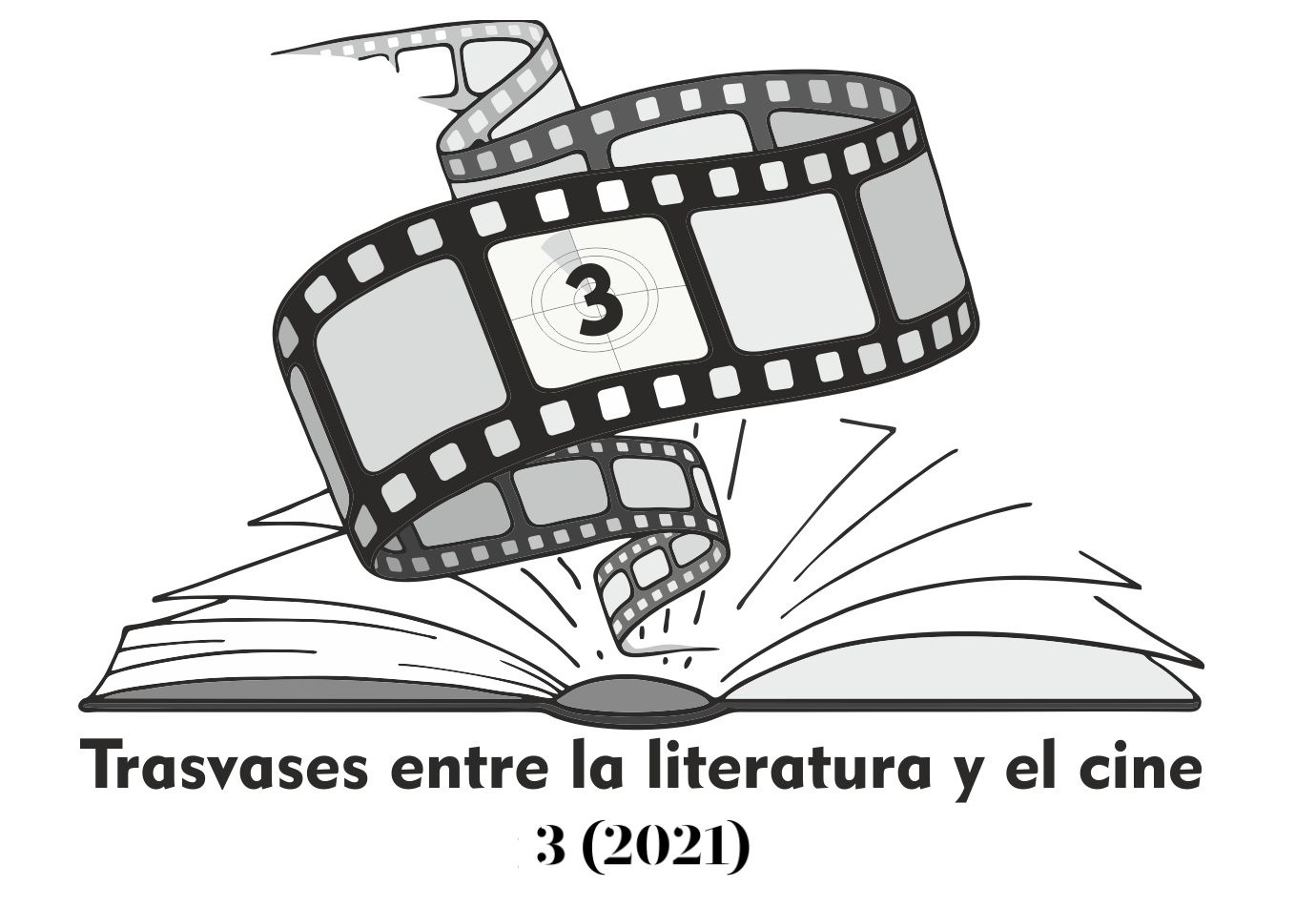Class struggle in José Donoso’s Coronation and its film adaptations
DOI:
https://doi.org/10.24310/Trasvasestlc.vi3.11201Keywords:
adaptation, context, neoliberalism, ideology, Mexican revolution, Chilean cinema, Mexican cinema, class struggle, domestic serviceAbstract
This paper analyses the relationship between text and context in the case of José Donoso’s Coronación (1957) and its two film adaptations, directed by Sergio Olhovich (Mexico, 1976) and Silvio Caiozzi (Chile, 2000), respectively. It observes the ways in which the same plotline gains relevance in different socio-economic environments and connects to different discursive settings, becoming inserted into the context of the mid-20th century modernization process in Chile, the disillusionment with the post-revolutionary state power in Mexico after 1968, and the Chilean transition to neoliberal democracy in the new millennium. After looking at the updates and modifications made in the film adaptations, the article argues that by choosing the confrontation between “masters” and “servants” as a theme, these narratives address the psychological and individual as well as the collective and social consequences of socio-historical transformations in different times and places.
Downloads
Metrics
Publication Facts
Reviewer profiles N/A
Author statements
Indexed in
-
—
- Academic society
- N/A
- Publisher
- Universidad de Málaga
References
Acevedo-Muñoz, Ernesto R. (2003), Buñuel and Mexico: the crisis of national cinema, Berkeley–Los Angeles, University of California Press.
Buttes, Stephen (2014), «Huaso Romance as Neoliberal Reform in Sebastián Silva’s La Nana», Journal of Latin American Cultural Studies, 23/4, págs. 345–362.
Castillo-Feliú, Guillermo I. (1980), «Reflexiones sobre el perspectivismo en Coronación de José Donoso», Hispania, 63/4, págs. 699–705.
Cavallo, Ascanio y Douzet, Pablo y Rodríguez, Cecilia (2007), Huérfanos y perdidos: el cine chileno de la transición 1990–1999, Santiago de Chile, Uqbar editores.
Collier, Simon y Sater, William F. (2004), A History of Chile, 1808–2002, Cambridge, Cambridge University Press.
Daniels, Jennie Irene (2013), «Elite in Crisis: The Marginalized as a Site of Resistance in La Ciénaga and Coronación», DeRLAS, 14/1, págs. 1–11.
Donoso, José (1984), Coronación, Santiago de Chile, Zig-Zag.
Donoso, Silvia Margarita (2016), «Caiozzi tras la huella de Donoso: La plasmación del ambiente ajado en Coronación – Una revisión a las relaciones entre cine y literatura a partir de un caso chileno», Organon, 31/61, págs. 103–116.
Galindo V., Óscar (2008), «Metatextos e imaginarios identitarios en la literatura chilena (1950–1970)», Estudios filológicos, 43, págs. 101–114.
García Riera, Emilio (1995), Historia documental del cine mexicano: 1974–1976. Vol. 17., Guadalajara, Universidad de Guadalajara.
Gatti, Giuseppe (2013), «De la literatura al cine: Isotopías fílmicas en Naturaleza muerta con Cachimba. La transposición fílmica de la nouvelle donosiana», Guaraguao, 17/42, págs. 29–50.
Godoy Gallardo, Eduardo y Ahumada Peña, Haydée (2012), «La generación del 50: momento clave en la literatura chilena (En torno a dos antologías de cuento: 1954–1959)», Anales de la literatura chilena, 13/18, págs. 103–116.
Harvey, David (2007), A Brief History of Neoliberalism, Oxford, Oxford University Press.
Kovács, András Bálint (2007), Screening Modernism: European Art Cinema, 1950–1980, Chicago, University of Chicago Press.
Náter, Miguel Ángel (2007), José Donoso: entre la esfinge y la quimera, Santiago de Chile, Cuarto Propio.
Ramírez Berg, Charles (1992), Cinema of Solitude: A Critical Study of Mexican Film, 1967-1983, Austin, University of Texas Press.
Richard, Nelly (2004), Cultural Residues: Chile in Transition, Minnesota, University of Minnesota Press.
Downloads
Published
How to Cite
Issue
Section
License
All authors published in this journal accept the following copyright terms:
a. Authors retain their authors´ rights (copyright) and grant First Publication Rights to the journal, which whill be published under a the Creative Commons Attribution-NonCommercial-ShareAlike 4.0 International (CC BY-NC-SA 4.0) license. All about this license is available in the following link: <http://creativecommons.org/licenses/by-nc-sa/4.0>
b. Authors may separately establish additional agreements for the non-exclusive distribution of the version of the work published in the journal (e.g. including it in an institutional repository, or publishing it in a book) with an acknowledgement of its initial publication in this journal.
c. Authors are allowed and encouraged to disseminate their work electronically (e.g. in institutional repositories or on their own website) as this can lead to productive exchanges, as well as earlier and more extensive citation of published work.
The author is responsible for obtaining permission from the copyright holder when using copyrighted materials.
This electronic journal is published by University of Málaga (UmaEditorial), thus it is necessary to cite the origin of any partial or total reproduction.








22.png)










